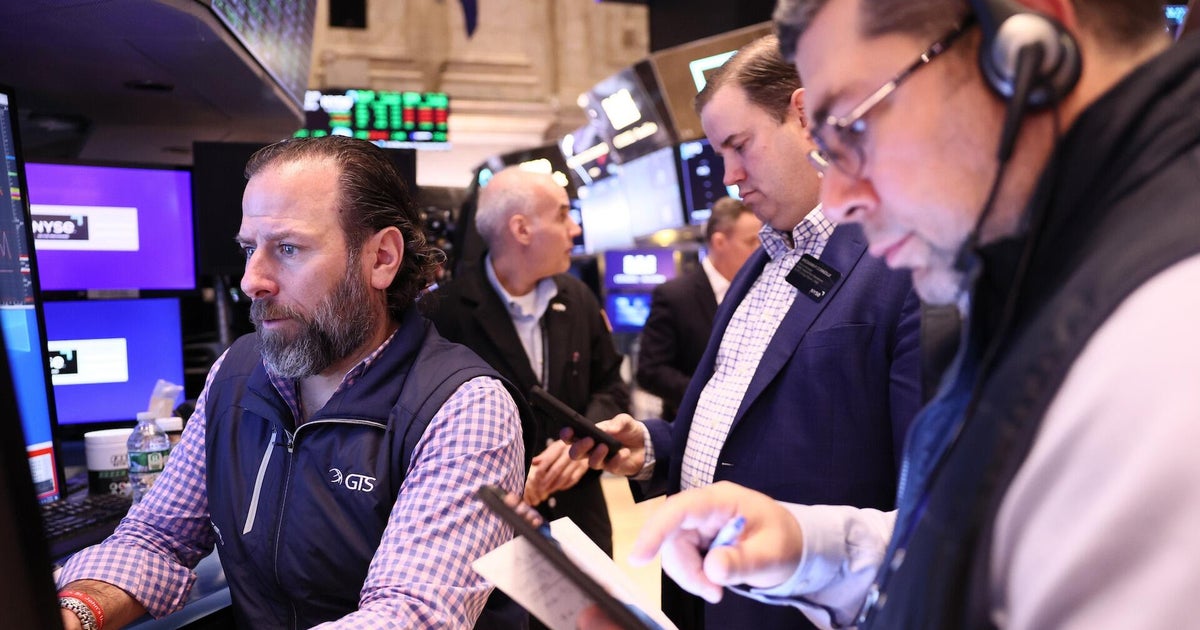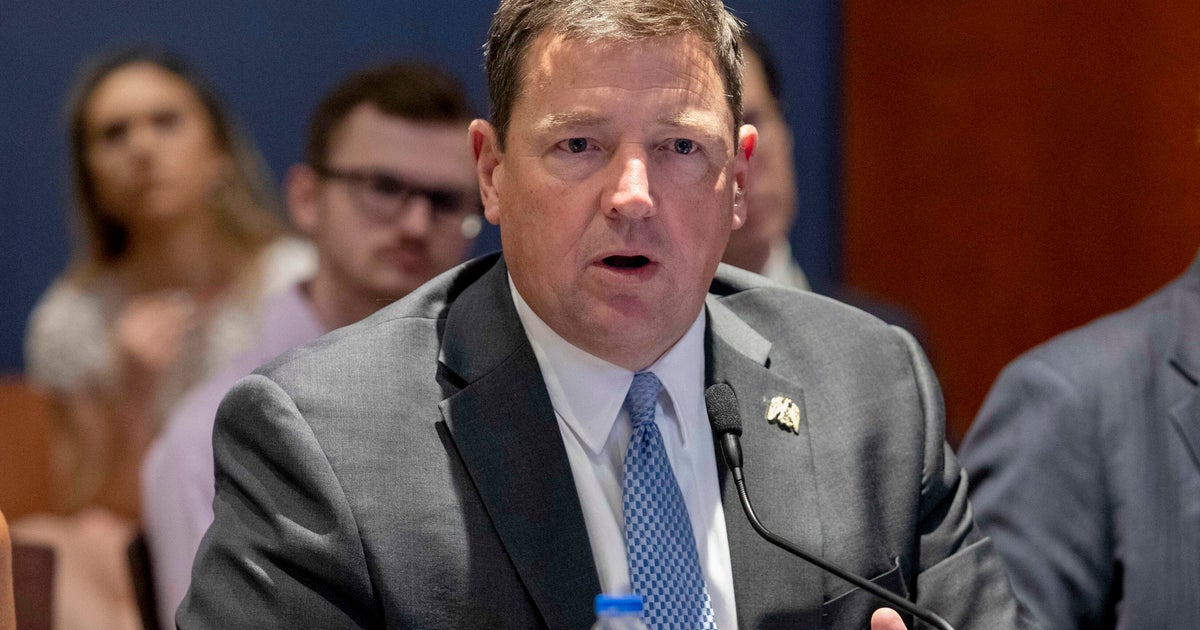Legal pot's high is thwarted by leery bankers
Reggae star Peter Tosh's 1975 pro-marijuana anthem called to "legalize it, don't criticize it." But an extremely critical edict from the Trump administration threatens to send the legalization trend up in smoke, starting with pot purveyors' ability to open bank accounts.
With California's recent approval of recreational pot smoking, the marijuana industry's prospects hit a temporary high. Then came U.S. Attorney General Jeff Session's anti-weed broadside. Because marijuana is classified on the federal level as an illegal drug, Sessions directed federal prosecutors to crack down on the industry. In a memo on Thursday, he overturned the Obama administration's hands-off enforcement policy toward the substance, noting that federal law forbids banks from being involved with illicit drugs.
While there's no exact roster of lenders dealing with weed firms, estimates range from two dozen to three dozen, all of them small. Yet as legalization spread from state to state, particularly after the industry's victory in California, a flurry of banks showed interest in cannabis.
Not so much anymore.The attorney general's action "chills the banks," said Robert Hoban, head of the Hoban Law Group in Denver, a law firm that specializes in the pot business.
A number of lenders, hearing the news, "said I'm done," and planned to back out of the marijuana trade, said Sundie Seefried, chief executive of Partner Colorado, a Denver-area credit union that has cannabis clients. She insisted that her institution would continue on.
With Sessions rescinding the Obama approach, small banks that "were interested in marijuana in states where it's legal have put that on hold," said Aaron Stetter, executive vice-president for policy and political operations at the Independent Community Bankers of America.
Marijuana merchants don't want loans from banks -- private equity money feeds a lot of their capital needs -- as much as they want cash management and consumer services. Lack of banking services has been a longstanding hindrance to businesses that sell, produce and furnish equipment for legal ganja. Without a bank, these businesses can't accept credit cards or maintain a checking account.
That means the marijuana industry, in the digital 21st century, is mainly cash-only. "Who wants to be hauling around a backpack full of cash" from a pot dispensary, Seefried said. Aside from the inconvenience, holding lots of cash risks robbery. A year ago, robbers shot and killed a security guard at a Los Angeles pot shop.
Before Sessions' action, things were looking up for marijuana and its bankers. In 2017, legal pot sales surged 17 percent to $5.4 billion, Arcview Market Research found. With the addition of California on Jan. 1, that pace could jump to 30 percent, the researchers believe. Public opinion has swung overwhelmingly to the side of making pot legal. According to the Gallup pollsters, 64 percent of American's last year approved of legalization, up from 23 percent in 1987.
Thus far, eight states and the District of Columbia have legalized the drug for recreational use, starting with Colorado and Washington in 2012. California, where voters last year approved it for recreational use by adults 21 and older, also was the first to OK marijuana for medicinal purposes, in 1996. Now, 29 states allow weed for health reasons, ranging from glaucoma to pain treatment. It's unclear whether the Sessions policy covers medical marijuana. Sales of the drug have provided millions in tax revenue to state coffers.
Doobie-friendly bankers drew courage from the burgeoning demand -- and from a series of memos in 2013 and 2014 issued by the Obama departments of Justice and Treasury. These rulings permitted banks to provide services to marijuana businesses in states where the drug is legal, if they thoroughly vet the clients. Pot providers had to follow a list of guidelines, like refusing to serve minors and not selling their product in states that prohibit it.
During the past two decades that marijuana has been allowed in some states, the banking sector as a whole had a conflicted view of the substance. A lot of banks "don't want this business," said Nathaniel Gurien, CEO of FinCanna, an adviser to the marijuana industry. "They think it's questionable, like porn or gaming."
Still, a number "began to flirt with the idea" of seeking marijuana clients as the trend grew, he added. Then Sessions produced " a chilling effect" on those plans.
How much impact will the attorney general's decision actually have on the pot industry? The U.S. attorneys, who cover states and parts of them, aren't bound to follow his policy slavishly. As a result, Sessions left it up to those prosecutors to decide how aggressively to go after marijuana. In Colorado, for instance, U.S. Attorney Bob Troyer indicated he wouldn't change his office's stance and would limit his pursuit of marijuana offenses only to those that "create the greatest safety threat."
In addition, several governors and state attorneys general have opposed the new federal ruling.
Wall Street seems unconcerned about the Sessions policy. The ETFMG Alternative Harvest exchange-traded fund (MJX), which tracks marijuana companies, has vaulted several hundred-fold in price over the past year. When the policy shift from the Department of Justice came out, the ETF lost 9 percent of its value, but has since recovered about half of that.
Analyst Vivien Azer at the Cowen investment house wrote that the firm was "not overly concerned that a change in DoJ policy around cannabis will be meaningfully disruptive to legal adult use" in states that permit it.
Nevertheless, don't expect to swipe your bank debit card at the local weed emporium any time soon. The scrapping of Barack Obama's lenient rules will remain as a disincentive for banks to get involved with the industry, said Robert McVay, an attorney in Seattle with the Harris Bricken firm, who specializes in the industry. Without the Obama policy, McVay added, "lenders will have less of a leg to stand on."



